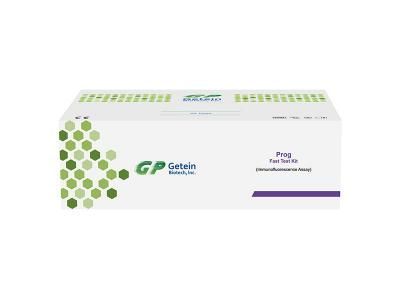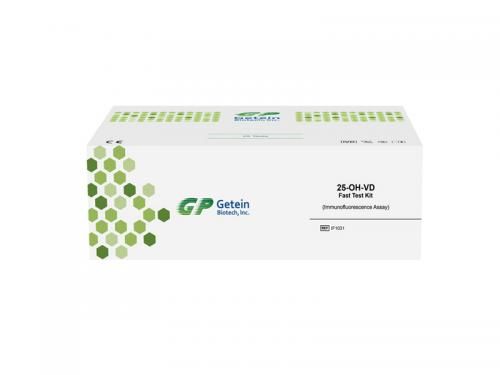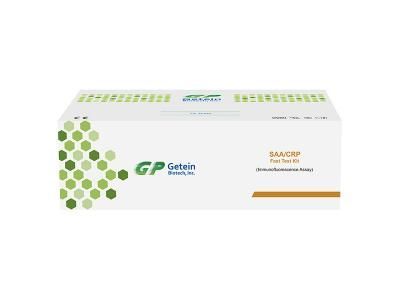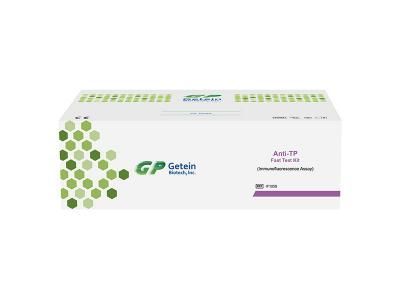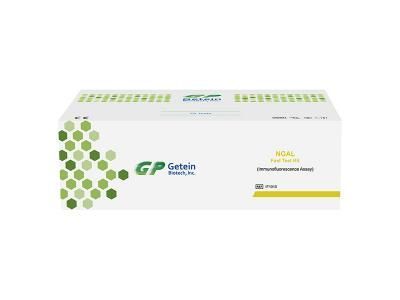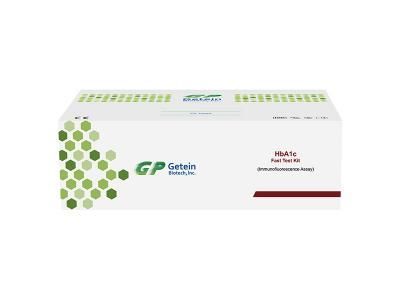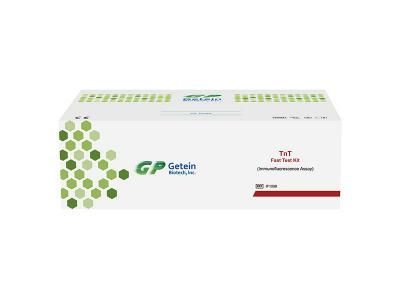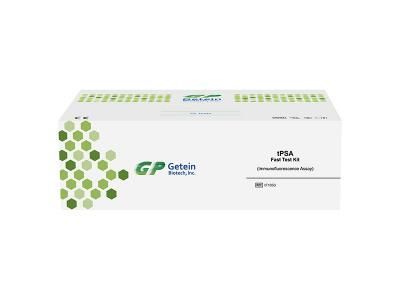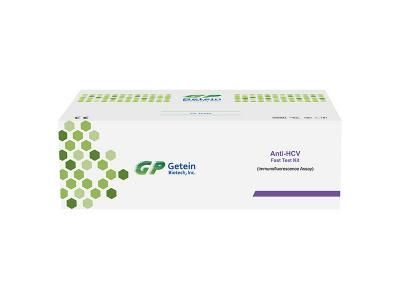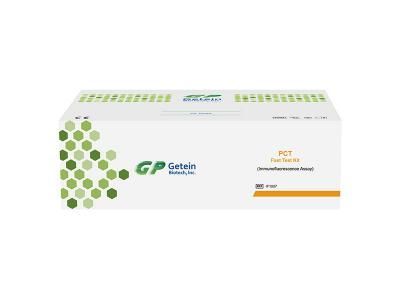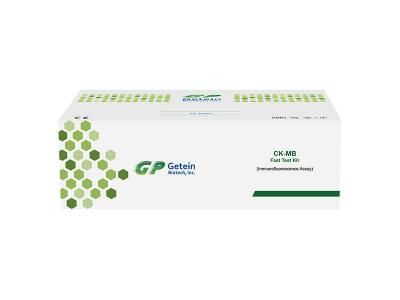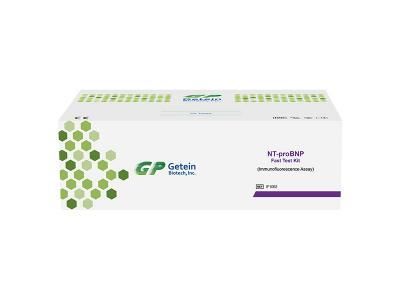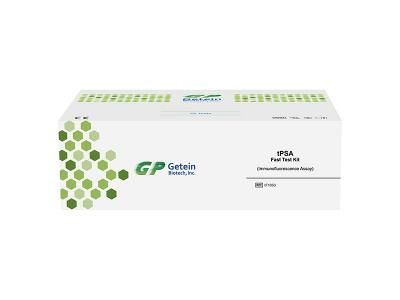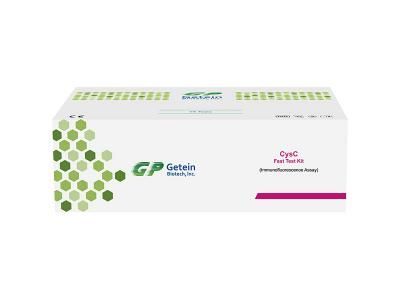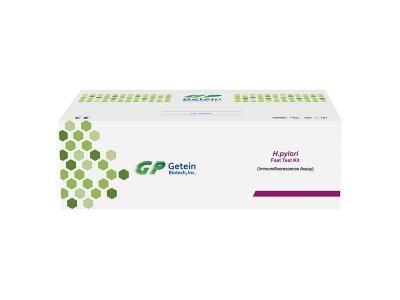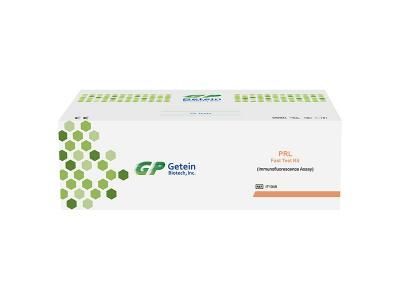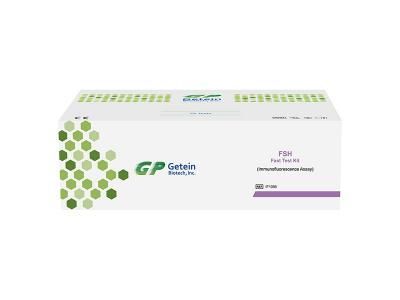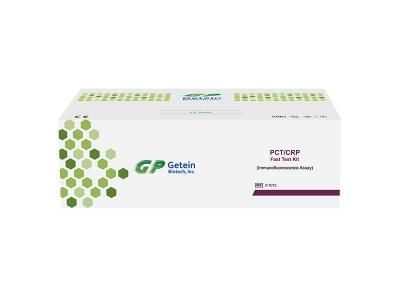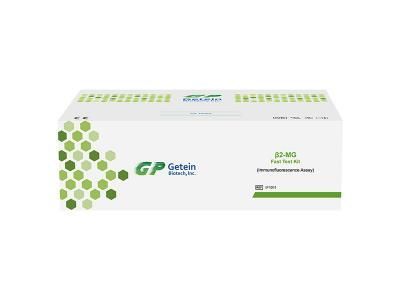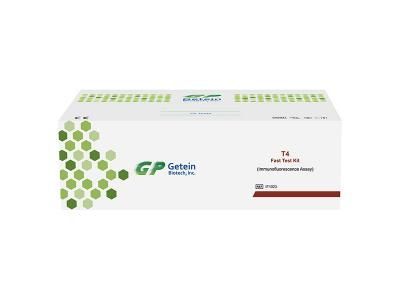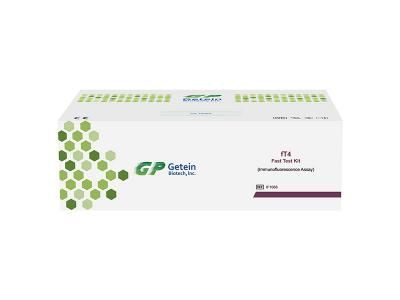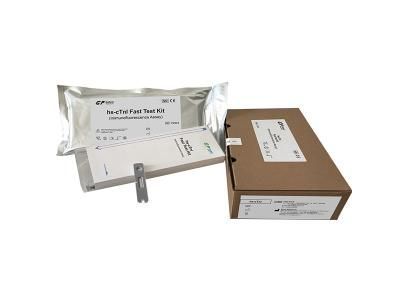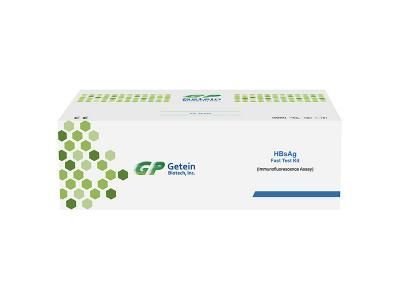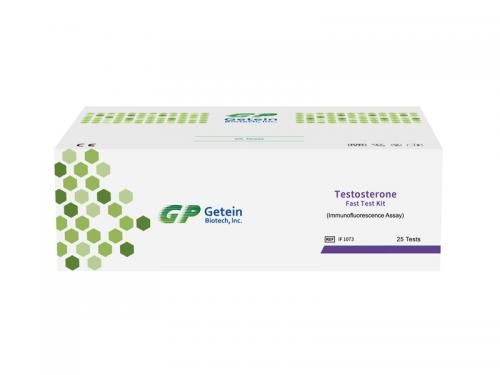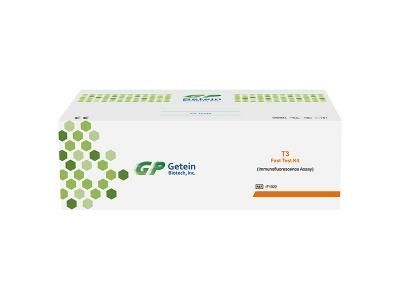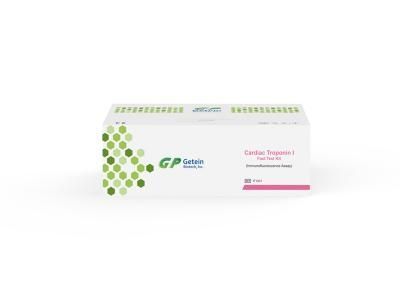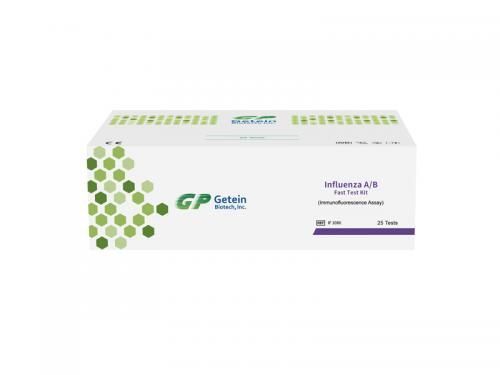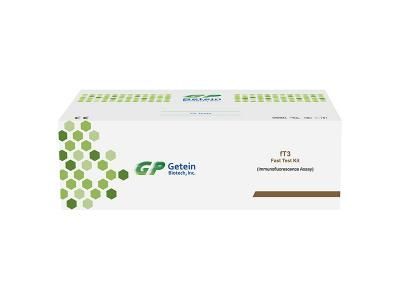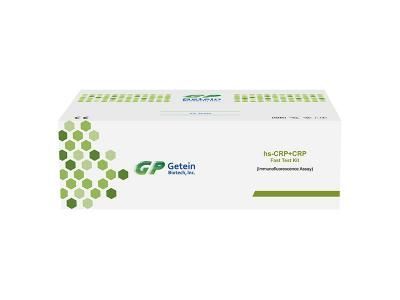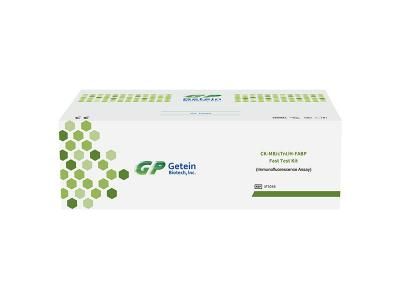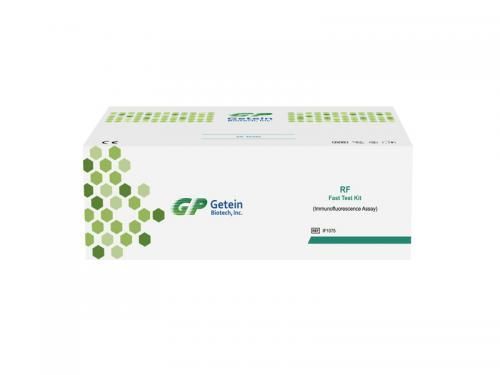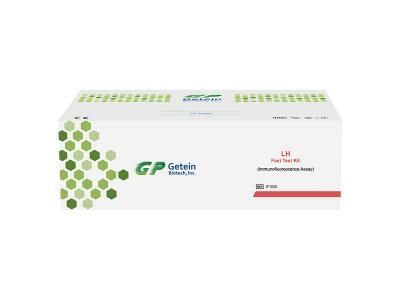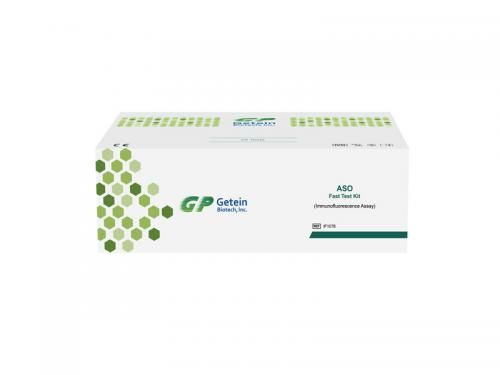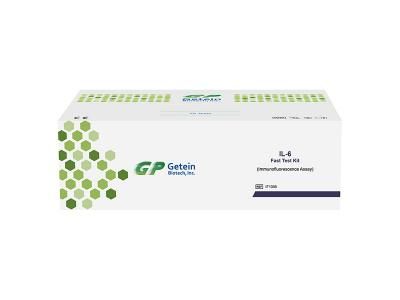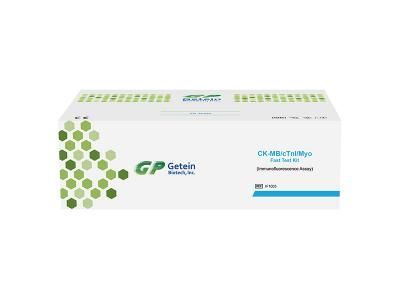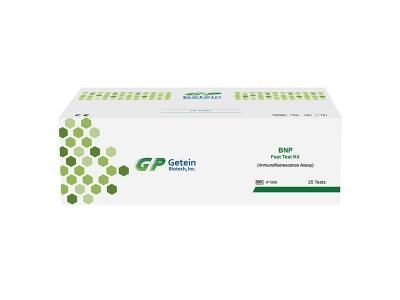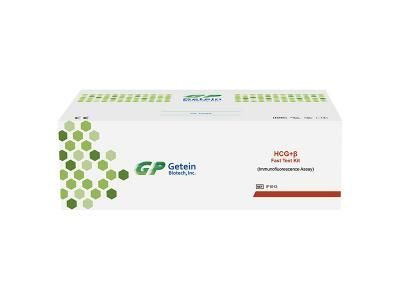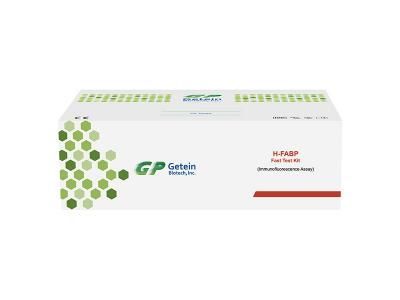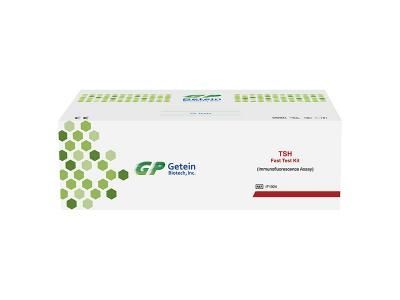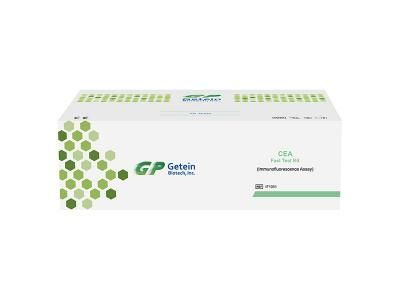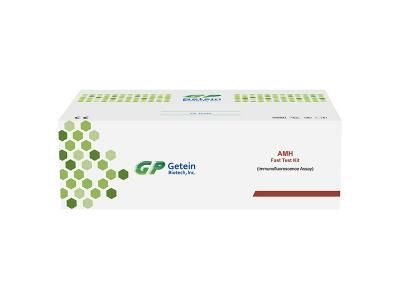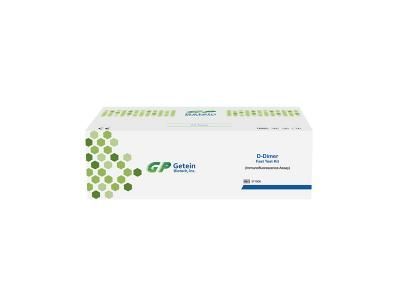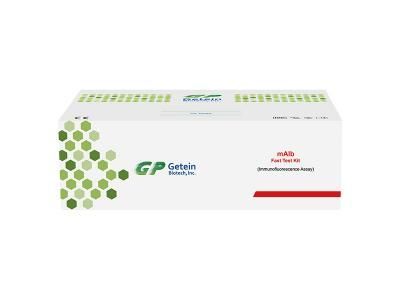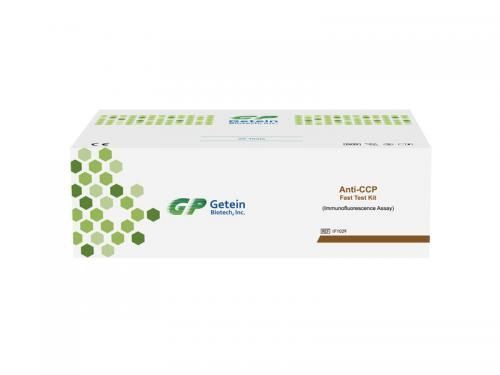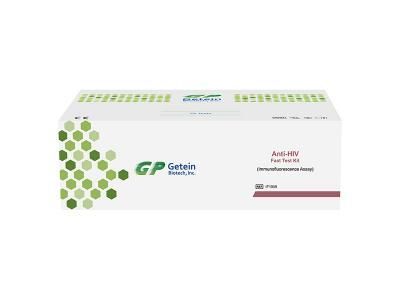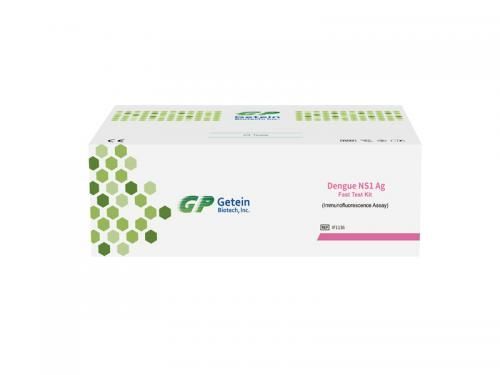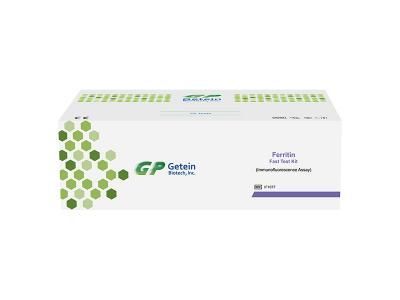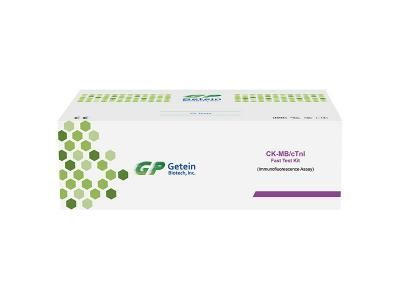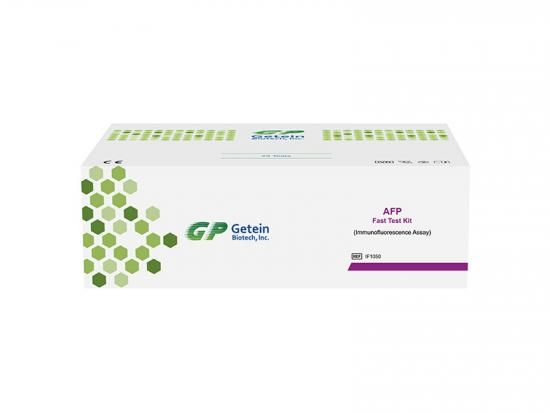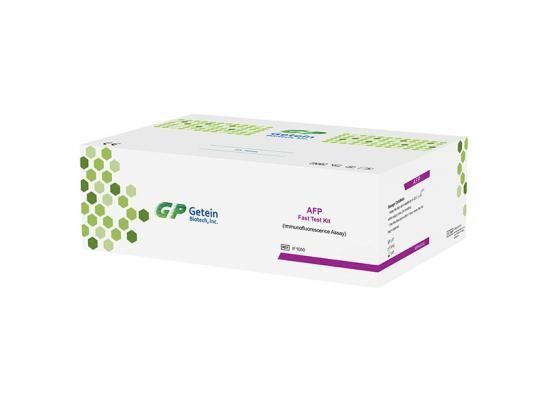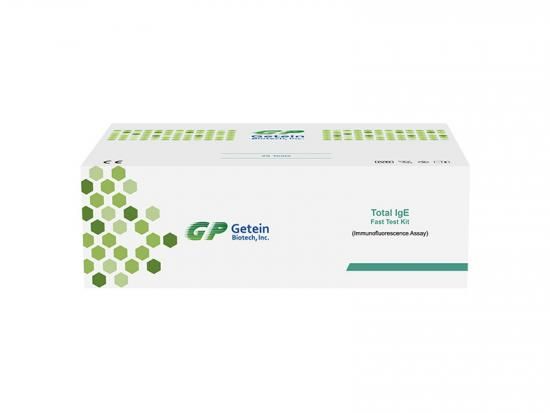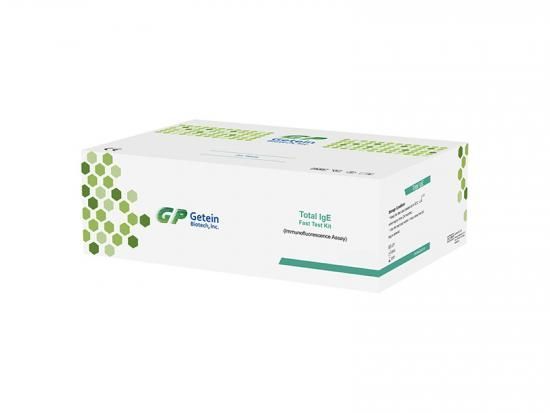Getein Prog Fast Test Kit is used to measure ovarian function and can determine if a woman has ovulated and when the ovulation occurred.
Intended Use
The Prog Fast Test Kit (Immunofluorescence Assay) is intended for in vitro quantitative determination of progesterone (Prog) in human serum and plasma samples. Progesterone tests are used to measure ovarian function and can determine if a woman has ovulated and when ovulation occurred.
About Prog
Progesterone is an endogenous steroid and progestogen sex hormone involved in the menstrual cycle, pregnancy, and embryogenesis of humans and other species.
Progesterone is produced by a woman’s ovaries during the release of a mature egg from the ovary during ovulation. It helps prepare the endometrium (uterine lining) to receive the egg if fertilized by sperm. If the egg is not fertilized, progesterone levels decrease, triggering menstruation. If pregnancy occurs, the placenta begins to produce high levels of progesterone starting around the end of the first trimester and continuing until birth.
Contents
For Getein 1100
Package specifications: 25 tests/box, 10 tests/box
Getein Prog test card in a sealed pouch with desiccant
Disposable pipette
Sample diluent
User manual: 1 piece/box
SD card: 1 piece/box
For Getein 1600
Package specifications: 2×24 tests/kit, 2×48 tests/kit
Sealed cartridge with 24/48 Getein Prog test cards
User manual: 1 piece/box
Materials required for Getein 1600:
- Sample diluent: 1 bottle/box
- Box with pipette tips: 96 tips/box
- Mixing plate: 1 piece/box
Note: Do not mix or interchange different batches of kits.
Specifications
Test Item:
Prog
Sample:
Serum, Plasma
Method:
Immunofluorescence Assay
Storage Condition:
4-30℃
Detection Range:
0.10 ng/mL~40.00 ng/mL
Test Time:
15 min
Cut-off Value:
Refer to User Manual
Shelf Life:
24 months
Applicable Devices
- Getein 1100 Immunofluorescence Quantitative Analyzer
- Getein 1600 Immunofluorescence Quantitative Analyzer
Clinical Applications
- Progesterone tests are commonly used to determine the cause of infertility in female patients and to monitor the success of medications treating infertility and progesterone supplementation.
- Progesterone testing can also determine if ovulation is occurring, assess the risk of miscarriage, monitor ovary and placenta function, and diagnose adrenal gland disorders and certain cancers.

